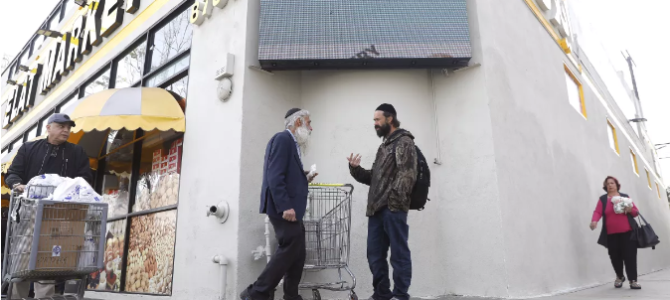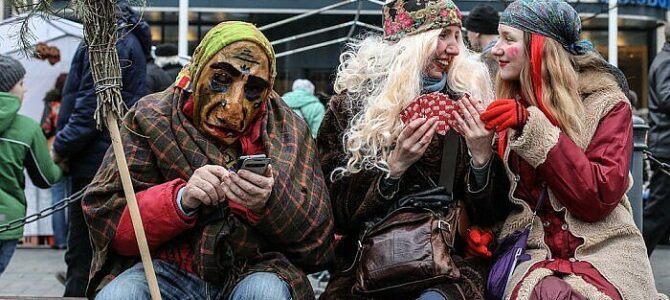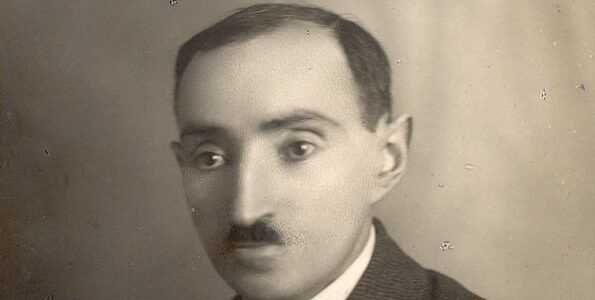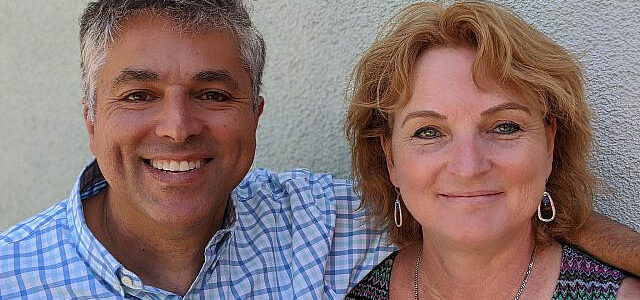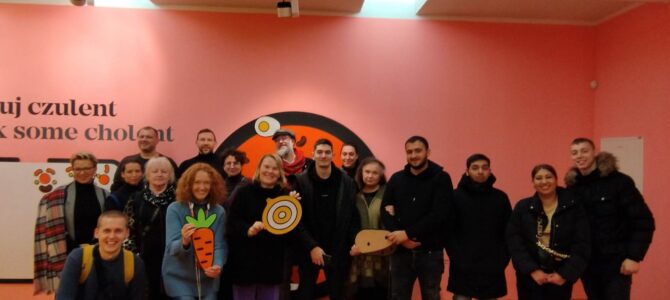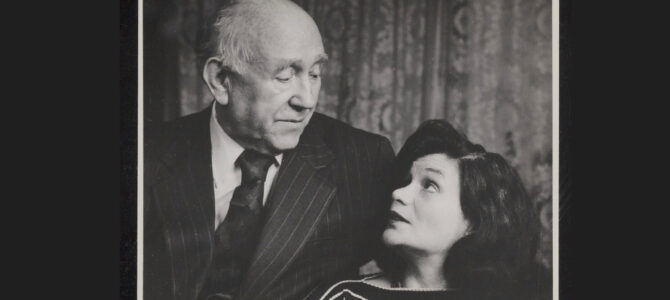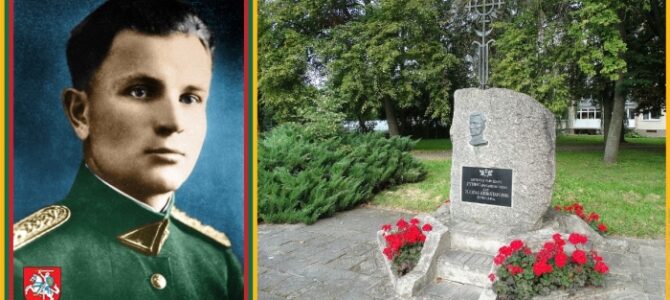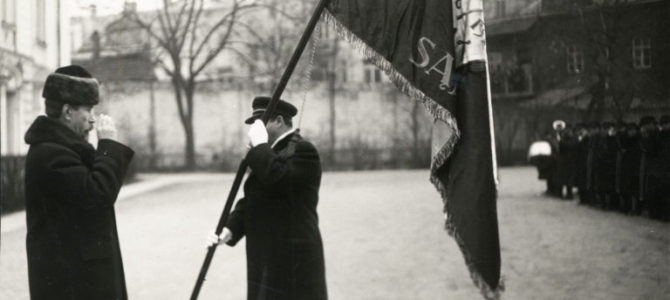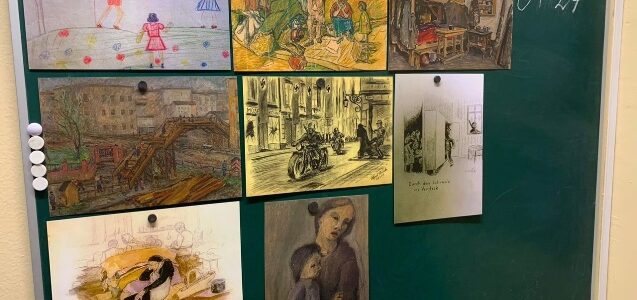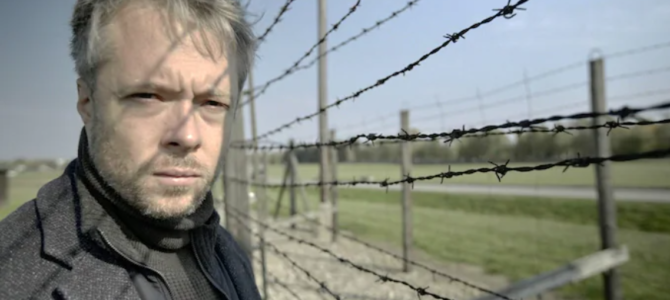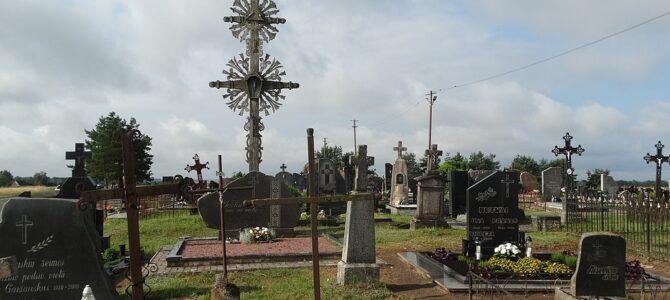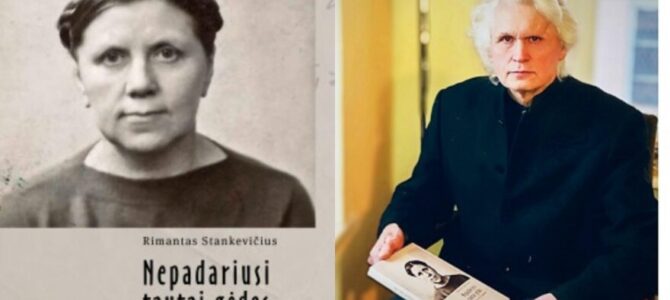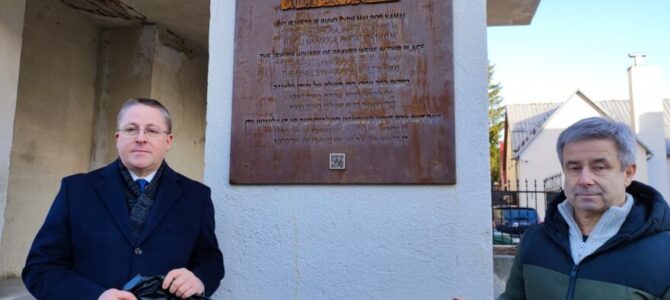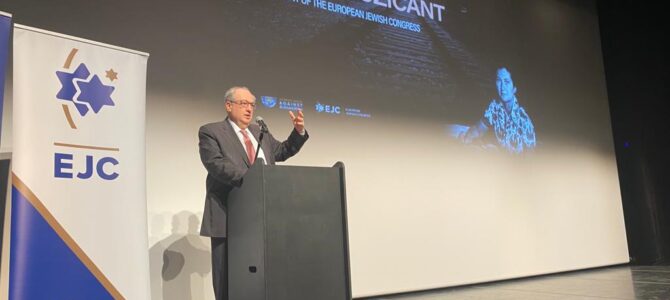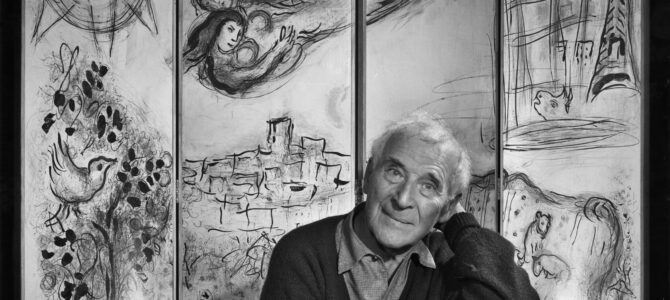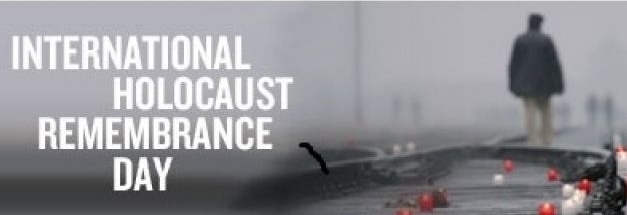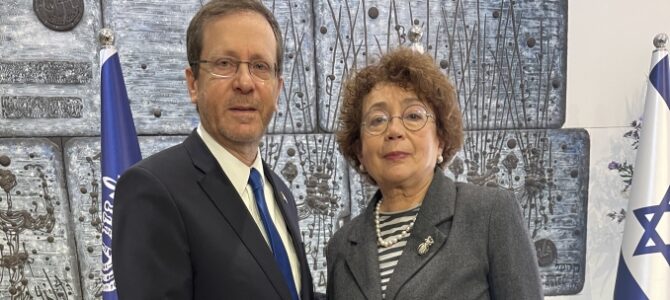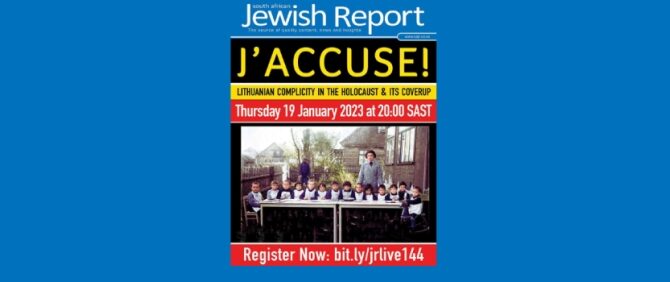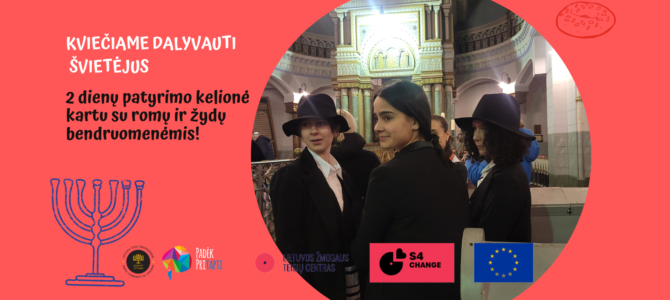by Arkadijus Vinokuras
Conservative Party candidate for Vilnius mayor Valdas Benkunskas yells in his political advertisements: “A mayor without circuses!” Kaunas mayor Visvaldas Matijošaitis, frightened by public debate, echoes the sentiment: “Kaunas doesn’t need a circus!” The press frequently carries headlines such as “Politics Is Not a Circus,” “Circus in the Political Arena,” and so on. It’s horrifying, wherever you look, there’s that damned circus again. Really?
Let me first take care of the myth the circus is worthy of derision. First, for example, the flying trapezist: if he were to act like the MP Petras Gražulis, Ramūnas Karbauskis, Visvaldis Matijošaitis or Valdas Benkunskas, he’d kill himself after attempting his first salto mortale. The flame appearing in the hands of the circus magician would burn him up immediately, and the trick of sawing the young female assistant in half would result in her real dissection. In other words, the professional circus has nothing in common with the political balagan.
This is also proven by the fact the largest American circus, Ringling Brothers and Barnum and Baily Circus, has revenues reaching $98 million annually. Another US circus, Circus Circus, has annual revenue of $160 million and employs 1,500 people. There are around 300 circuses operating in the United States. Cirque du Soleil, Inc. pays a circus actor from $6,000 to $10,000 per month. (The largest circus in Scandinavia is the Cirkus Scott, to the premieres of which the entire ruling elite of Sweden turn out. King Carl XVI Gustaf often attends with the royal family. In the 1989-1990 period this circus paid me €6,000 per month. How long did my performance take? Ten minutes. This was a gigantic sum back in those days, even in Sweden.)



